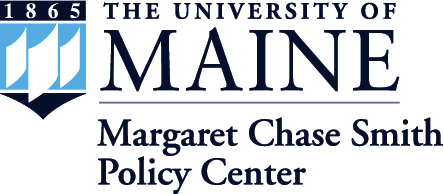Abstract
Artificial intelligence will improve productivity, expand the economy, and significantly alter many jobs. To accommodate these changes, Maine will have to upgrade workforce skills in a rapidly changing economy. This article recommends policy proposals in response to the rise of artificial intelligence, including (1) training programs for current and displaced workers; (2) revamped postsecondary education programs to provide a wider group of students with the skills necessary in a postindustrial society; and (3) a much closer relationship between government, employers, and educational institutions to develop the future workforce for Maine. The paper also looks at the deliberations about workforce development in the early twentieth century as the United States transitioned from a largely agricultural economy to an industrial one for insights from the past in arriving at educational programs suitable for a postindustrial society.
First page
11
Last page
16
Rights and Access Note
This Item is protected by copyright and/or related rights. You are free to use this Item in any way that is permitted by the copyright and related rights legislation that applies to your use. In addition, no permission is required from the rights-holder(s) for non-commercial uses. For other uses you need to obtain permission from the rights-holder(s).
DOI
https://doi.org/10.53558/REUA8661
Recommended Citation
McDonnell, Joseph W. . "Maine’s Workforce Challenges in an Age of Artificial Intelligence." Maine Policy Review 28.1 (2019) : 11 -16, https://digitalcommons.library.umaine.edu/mpr/vol28/iss1/3.

